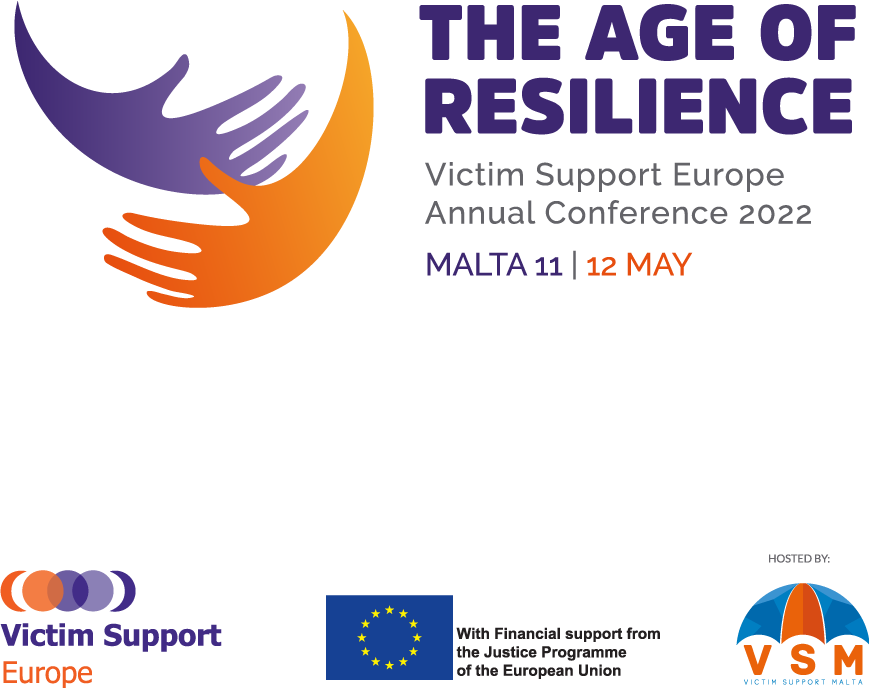This year’s Conference “The Age of Resilience” is an opportunity to discuss the different routes we can take to reach recovery and resilience. The discussion aims at highlighting the ways to achieve resilience, individual, social, and structural, by sharing resilience strategies and approaches to contain systemic threats.
To register for the workshops, please click on the button below.

